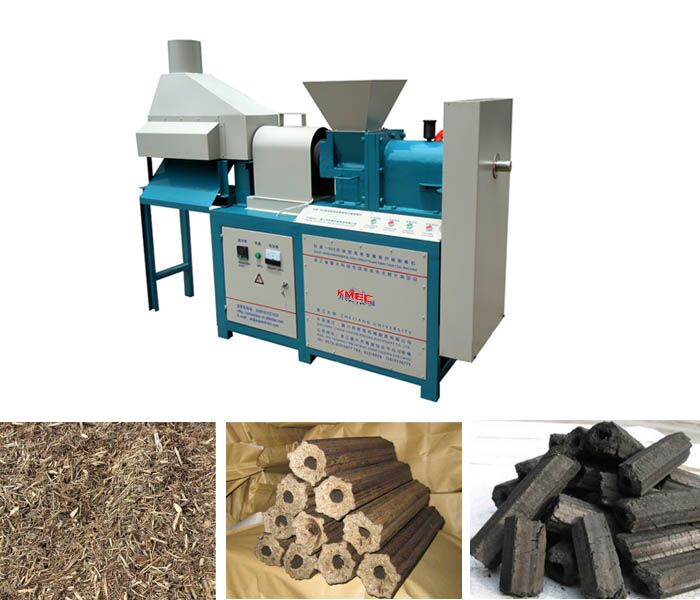Simplified briquetting technology
Project Summary

Project Description
The project aims to produce eco-friendly briquettes from agricultural waste, offering a sustainable alternative to firewood and charcoal. Utilizing a simplified briquette machine (manual or motorized), the initiative repurposes agricultural residues into high-energy fuel briquettes. This innovation addresses critical environmental challenges by reducing deforestation, lowering carbon emissions, and promoting a circular economy. By converting waste into valuable fuel, the project provides a cost-effective heating solution for households, restaurants, and food processing industries that rely heavily on traditional biomass fuels.
The briquettes are designed to be efficient, affordable, and environmentally friendly, making them accessible to low-income communities while creating income-generating opportunities for local entrepreneurs. The project also contributes to waste management by utilizing agricultural by-products that would otherwise be discarded or burned openly, further reducing air pollution. By replacing firewood and charcoal, the briquettes help conserve forests, mitigate climate change, and improve air quality.
This initiative aligns with global sustainability goals, offering a practical solution to energy poverty and environmental degradation. It empowers communities by providing a renewable energy source, reducing reliance on non-renewable fuels, and fostering economic resilience. The project’s scalable and adaptable design ensures its applicability in diverse settings, making it a viable solution for both rural and urban areas. Ultimately, the project seeks to create a positive environmental, social, and economic impact by transforming agricultural waste into a sustainable energy resource.
Disclaimer:
All content on this project page is the intellectual property of the respective project owner(s). Reproduction, duplication, or use of any part of this project without the explicit consent of the project owner is not permitted.
